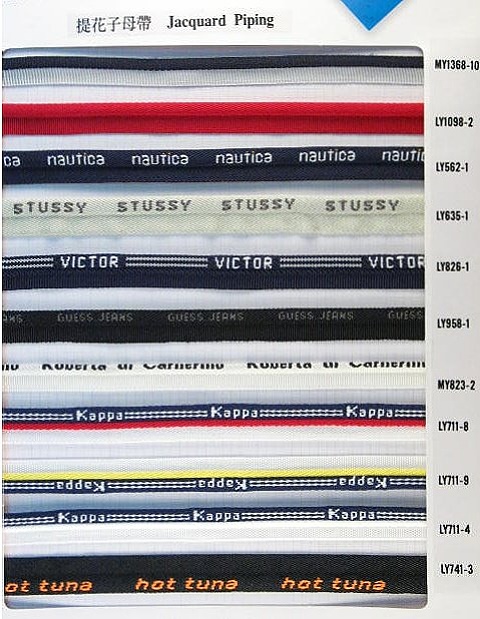
verb (used without object), pipped, pip·ping.
- to peep or chirp.
- (of a young bird) to break out from the shell.
verb (used with object), pipped, pip·ping.
- to crack or chip a hole through (the shell), as a young bird.
verb (used with object), pipped, pip·ping. British Slang.
- to blackball.
- to defeat (an opponent).
- to shoot, especially to wound or kill by a gunshot.
noun
- the seed of a fleshy fruit, such as an apple or pear
- any of the segments marking the surface of a pineapple
- a rootstock or flower of the lily of the valley or certain other plants
noun
- a short high-pitched sound, a sequence of which can act as a time signal, esp on radio
- a radar blip
-
- a spot or single device, such as a spade, diamond, heart, or club on a playing card
- any of the spots on dice or dominoes
- Also called: star informal the emblem worn on the shoulder by junior officers in the British Army, indicating their rank
verb pips, pipping or pipped
- (of a young bird)
- (intr)to chirp; peep
- to pierce (the shell of its egg) while hatching
- (intr) to make a short high-pitched sound
noun
- a contagious disease of poultry characterized by the secretion of thick mucus in the mouth and throat
- facetious, slang a minor human ailment
- British, Australian, NZ and Southern African slang a bad temper or depression (esp in the phrase give (someone) the pip)
- get the pip or have the pip NZ informal to sulk
verb pips, pipping or pipped
- British slang to cause to be annoyed or depressed
verb pips, pipping or pipped (tr) British slang
- to wound or kill, esp with a gun
- to defeat (a person), esp when his success seems certain (often in the phrase pip at the post)
- to blackball or ostracize
n.1“seed of an apple,” 1797, shortened form of pipin “seed of a fleshy fruit” (early 14c.), from Old French pepin (13c.), probably from a root *pipp-, expressing smallness (cf. Italian pippolo, Spanish pepita “seed, kernel”). n.2“disease of birds,” late 14c., probably from Middle Dutch pippe “mucus,” from West Germanic *pipit (cf. East Frisian pip, Middle High German pfipfiz, German Pips), an early borrowing from Vulgar Latin *pippita, unexplained alteration of Latin pituita “phlegm” (see pituitary). n.3“spot on a playing card, etc.” c.1600, peep, of unknown origin. Because of the original form, it is not considered as connected to pip (n.1). Related: Pips.
 Liberal Dictionary English Dictionary
Liberal Dictionary English Dictionary